May is Asian/Pacific American Heritage Month. ForestWatch celebrates and pays tribute to a few members of our community who enrich our lives, care for our public lands, protect the environment and it’s people, are fighting for policy changes, and are instrumental in creating healthy places for all of us to live in. This list is by no means complete, and we will continue to highlight those making an impact on the Central Coast.
Click any of the images below to learn more about each individual.






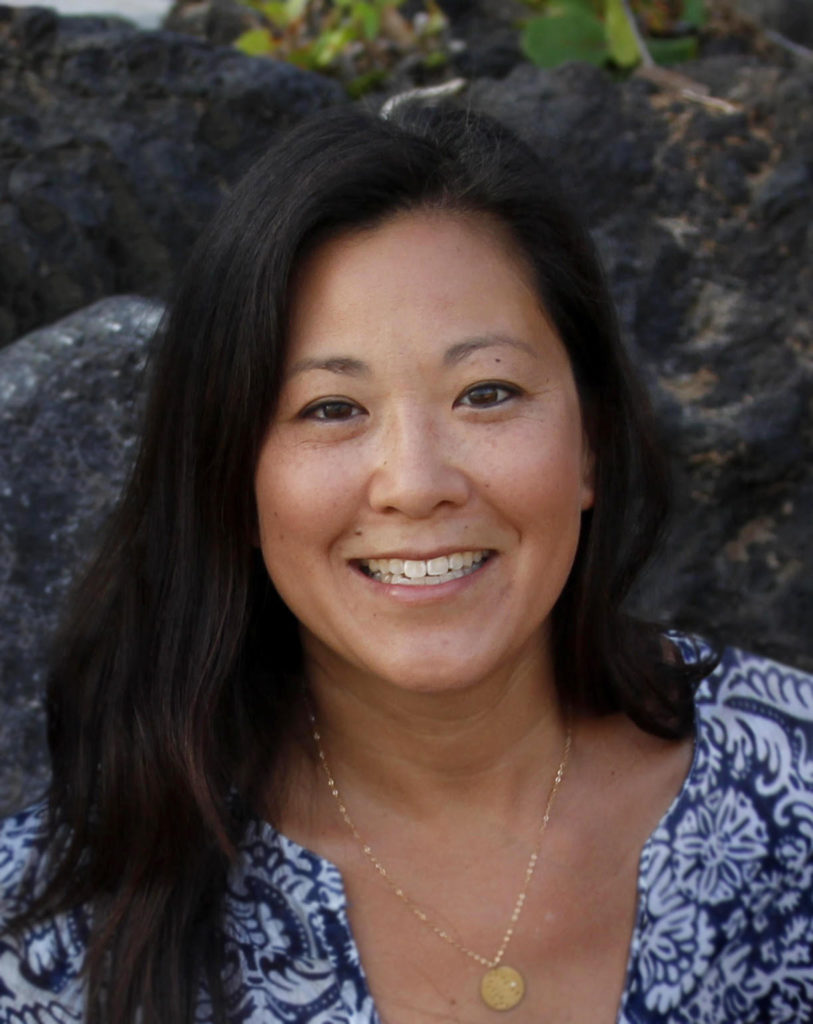
Emily Cotter
Eco-entrepreneurship Lecturer and Program Manager,
The Bren School of Environmental Science and Management, UCSB
What part of your heritage do you feel most proud of or connected to?
When I think of growing up in a Chinese family, I think first about food. Nothing made my Popo (grandmother on my mother’s side) happier than to spend all day cooking our favorite Chinese dishes and having our whole family gather for a big dinner to enjoy the food and be together. When I think about heritage, what comes to mind is that my family talked a lot about feng shui, which generally has to do with how energy flows through your home and how you can create balance with the natural world in interior spaces. I think that gave me an early appreciation for natural elements in the world, especially thinking about water, wind and the land around you.
What inspires you to protect our local public lands?
Today, I would say my children. My son is 8 years old, and my daughter is 5. We spend a lot of time outdoors – camping, hiking, paddle boarding and fishing – enjoying our local public lands. I think it’s important to consider the next generation and the next.
How can the community best support you?
I teach environmental innovation and entrepreneurship at UCSB’s Bren School of Environmental Science and Management. To develop innovative solutions, we need to take a systems thinking approach, which means my students need to understand how existing industries, systems and partnerships work. As part of their research, my students are required to reach out to community members to understand different perspectives from people working within industries. The community can help support my program by being willing to speak with students. In my program, each team interviews at least 100 industry experts and potential customers over the course of a year-long project. I’m grateful to all the community members who have helped my students over the years. There are many who get calls every year!
What barriers exist for the Asian and/or Pacific Islander community to work in conservation?
Most jobs in conservation have not been highly visible. With a growing “green jobs” market, I hope to see greater representation in the near future — as more people from the Asian and Pacific Islander community become aware of job opportunities in the field and see it as a career path.
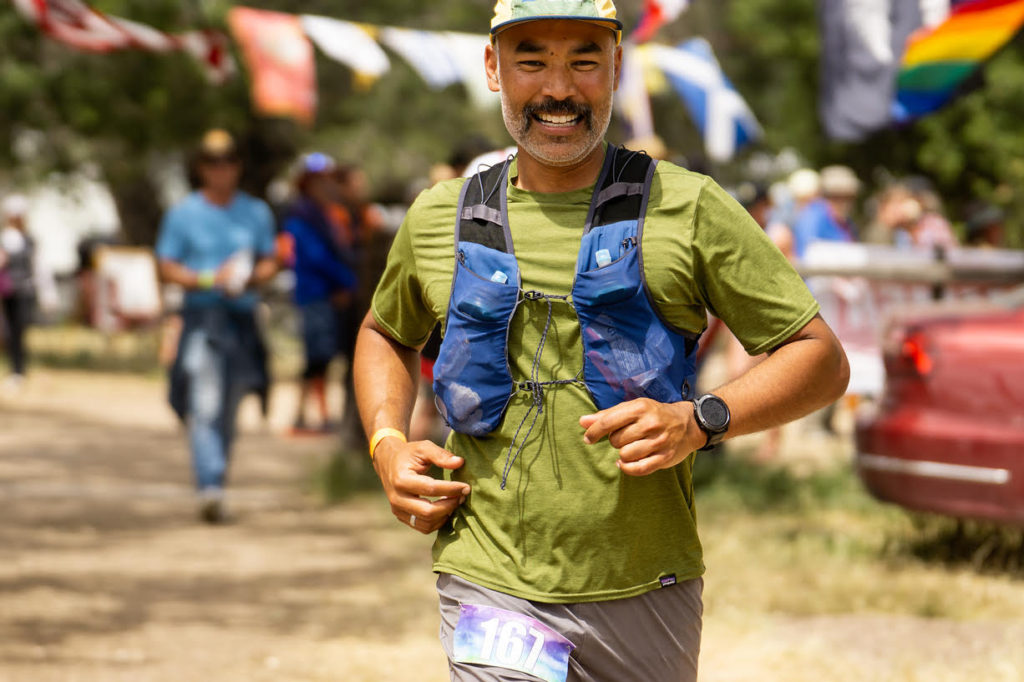
Vic Thasiah
Executive Director,
Runners For Public Lands
What part of your heritage do you feel most proud of or connected to?
Old Chinese nature poets, some of whom lived as mountain hermits. They loved landscapes, and believed that mountains awakened and intensified our experiences of natural processes. Their goal, generally speaking, was to find a natural way to be human, a way that flows with grace in the places where we live, and in my case, run.
What inspires you to protect the earth?
Especially, stars, clouds, mountains, and rivers. I love them so much – their beauty, drama, their making of our bodies (e.g., minerals, water, soil), etc. They’re my friends, and I want what’s best for them.
How can the community best support you?
By listening for and appreciating any difference in perspective I bring to conversations.
What barriers exist for the Asian and/or Pacific Islander community to work in conservation?
Representation is a big one. And, Asian-Americans themselves not well versed on significant contributions to environmental thought and practice Asians have made and make, through, for example, nature poetry and Asian religions.
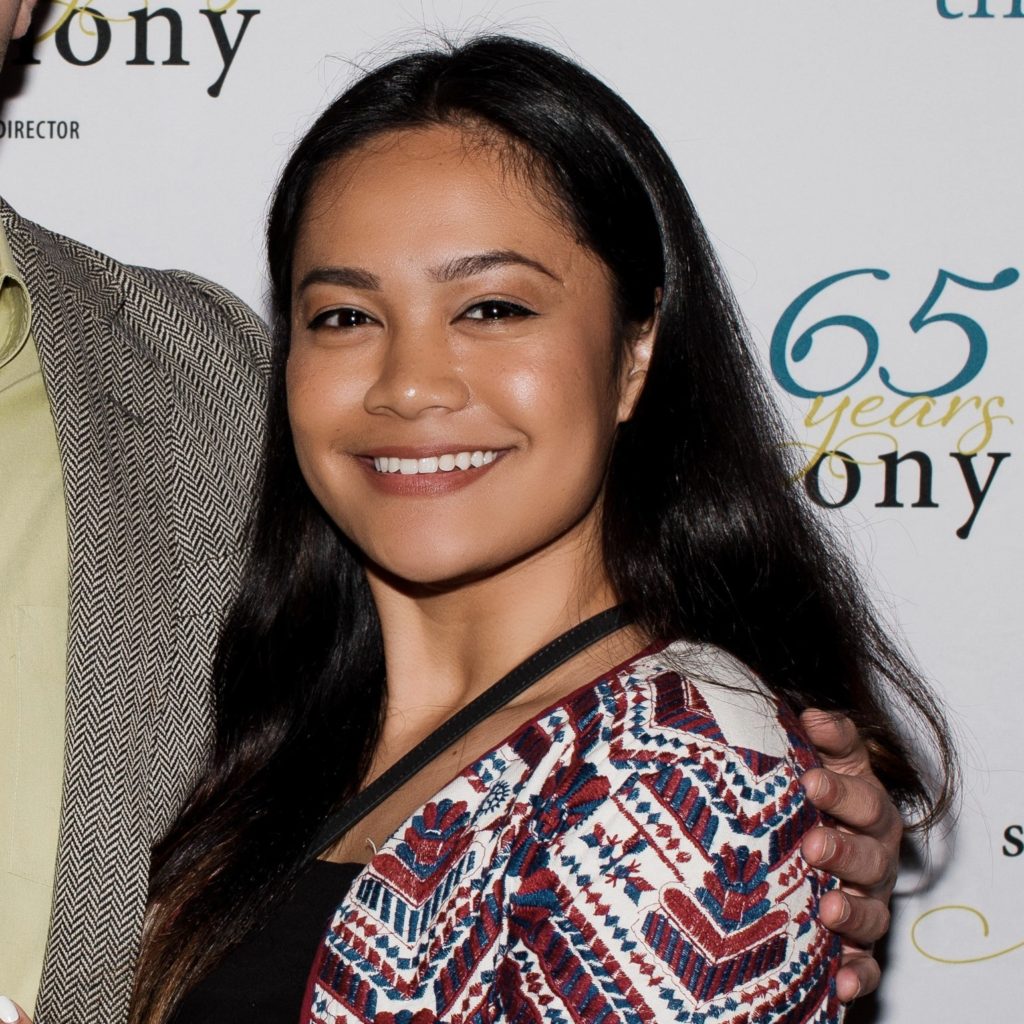
Michelle Sevilla
Network Manager,
Central Coast Climate Justice Network
What part of your heritage do you feel most proud of or connected to?
I’m proud of how much we focus on the collective. We don’t underestimate the impacts of our decisions on other people and our environment. We are well known for our warmth, friendliness, and extraordinary care we give to others.
What inspires you to protect the earth?
To respect my ancestors whose relationship with the Earth made my experience of Earth and its offerings possible and beautiful, filled with wonder and reverence, and for the betterment of future generations.
How can the community best support you?
By providing: financial support to make our work possible, volunteering your skills/gifts/time to contribute to our work and expanding our capacity.
What barriers exist for the Asian and/or Pacific Islander community to work in conservation?
A shortcoming of the collective mindset when overemphasized among young AAPI folks can drive us toward careers often used as a marker of success (ie doctor, lawyer, engineer, etc). As a community we must remain open minded to the different permutations our futures could take us, including the environmental field. We must redefine the American default image of a “conservationist”/”environmentalist”/etc. to be more inclusive of our diverse communities. When hiring for positions in the environmental field, employers should undergo internal bias training and other measures to ensure equal opportunities for employment.
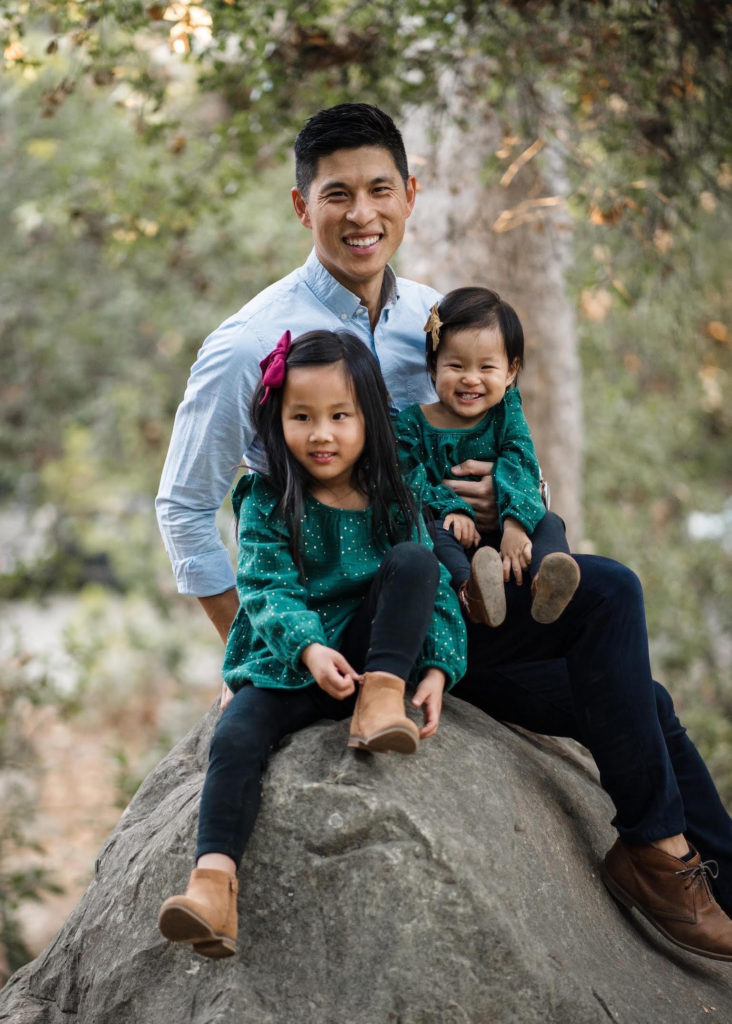
Garrett Wong
Climate Program Manager,
County of Santa Barbara
What part of your heritage do you feel most proud of or connected to?
My grandfather and his siblings were sent to the Japanese American internment camps during World War II. His brother, my great uncle, volunteered to fight for the United States Army and joined the 442 Battalion. That battalion became the most decorated military unit in our country’s history and unfortunately my great uncle, Ted Fujioka, lost his life. My family has gone through great lengths to learn about his story and trace his footsteps through Europe. I think a lot about his sacrifice, his service, and his patriotism in the face of extreme racial injustice.
What inspires you to protect the earth?
I worked briefly in India and people I met there idolized the United States for its wealth and its cleanliness. I realized what they admired was a façade and I also realized the best way I can make a difference is to work in my own backyard in Southern California advancing sustainability.
How can the community best support you?
People who believe that addressing climate change is important need to speak up. Despite how urgent the headlines and climate reports read, people and industries will continue to either ignore, obfuscate, or oppose taking more ambitious measures. We need to hear from people all across the county to let our decision makers know that climate change is and should be a priority.
What barriers exist for the Asian and/or Pacific Islander community to work in conservation?
There continues to be a lack of representation of AAPI in leadership roles at all levels. Thankfully there is a network that helps to support BIPOC sustainability professionals.
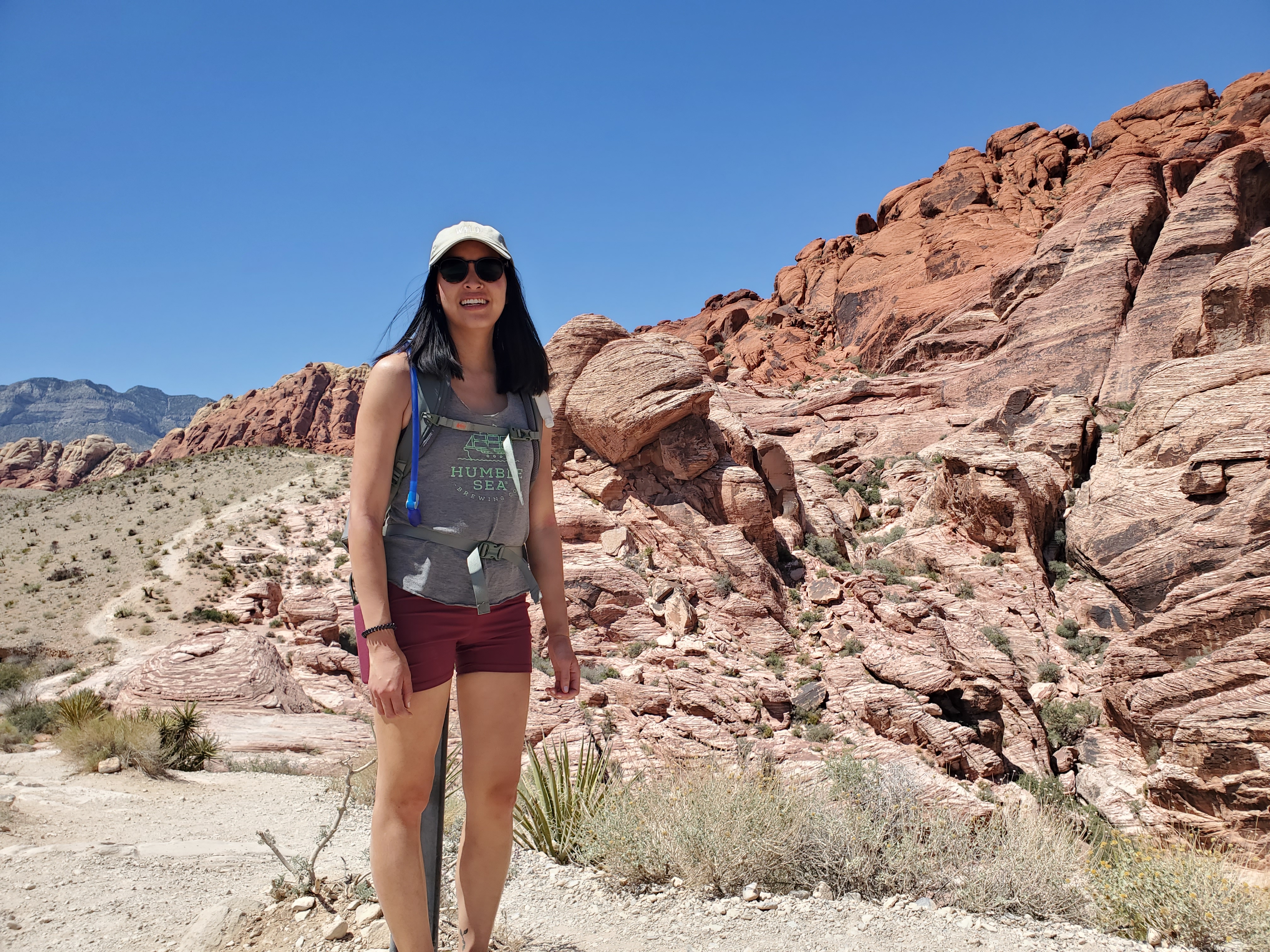
Annette Tran
Senior GIS Analyst II/GIS Supervisor,
Rincon Consultants, Inc.
What part of your heritage do you feel most proud of or connected to?
One of the things I’m proud of about my heritage is that the Vietnamese community is very anti-waste, even if we are not conscious of it. I grew up reusing and recycling before trashing and buying secondhand when possible. We never threw anything away and would either donate or sell unused items at garage sales. Food waste was very rare as we would plan meals so that everything was used or eaten before its expiration date. Everything had value and rarely anything was wasted.
What inspires you to protect the earth?
I believe that every single thing on Earth, living or not, has intrinsic value. If we continue to exploit our resources in an unsustainable manner, we not only deprive future generations of the beauty of the world, we also threaten all of our
livelihoods.
How can the community best support you?
The community can best support me and others in the AAPI community by giving recognition to minorities who work in the conservation/environmental field. Representation matters!
What barriers exist for the Asian and/or Pacific Islander community to work in conservation?
One of the barriers to working in conservation in the Asian community is knowledge and awareness of the field. Growing up, I was an avid environmentalist who loved nature and would meticulously recycle. But even upon entering college, I didn’t know there were jobs that were related to what I was passionate about at the time. I believe this is one of the factors as to why the environmental field is primarily white. Educating minority kids and young adults about opportunities in the environmental field would be very valuable.
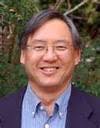
Larry Yee
Co-Founder & President, The Food Commons
&
Consultant for Sustainable Food Systems
What part of your heritage do you feel most proud of or connected to?
My father was in the Air Force and growing up I lived in a number of different places and rarely near an Asian community. For instance, I went to junior high and high school in a small city in southwestern Oklahoma, before going to college at UC Davis. So my connection to my heritage was essentially through my family and my parents. Whenever my father was home, we would eat traditional Chinese foods and meals, otherwise, we ate like every other American family – pizza, hamburgers, etc. Our family would observe some Chinese customs and traditions such as celebrating Chinese New Year, but mainly we were no different from other families in the neighborhood. Now, as an adult I can appreciate the diversity of my upbringing and the richness of a blended cultural experience.
What inspires you to protect our local public lands?
My love and awe of nature and respect and appreciation for the earth. I’m a big fan of Wendell Berry, who a few years ago delivered the Jefferson Lecture, titled, “It All Turns on Affection”. He wrote about caring for the land, knowing the land intimately, and how the difference between true stewardship and the commodification/ industrialization of the land is simply affection. Preservation, conservation, stewardship, and reverence are all based on affection.
How can the community best support you?
Just send money. Kidding! Isn’t it typical that so much seems to revolve around money. Community can best support me by simply being community. Community as in people working together, cooperatively, and in deep affection for the place where they live. Community as in a place where people respect and care for one another. Community as in giving to a place to make community rather than just taking from a place without investing. Community is much more than real estate investment for a quick gain. Community as in commonwealth. It is about family, neighbors, traditions, culture, contributing to the good of the whole and setting down roots.
What barriers exist for the Asian and/or Pacific Islander community to work in conservation?
Same as anyone else. It all has to do with attitude, education and being open. There are no barriers, only opportunities. That may sound cliche-ish but it’s true. Roll up your sleeves and dive in.
Thank you all for leading and for the important work you do everyday!
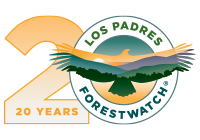

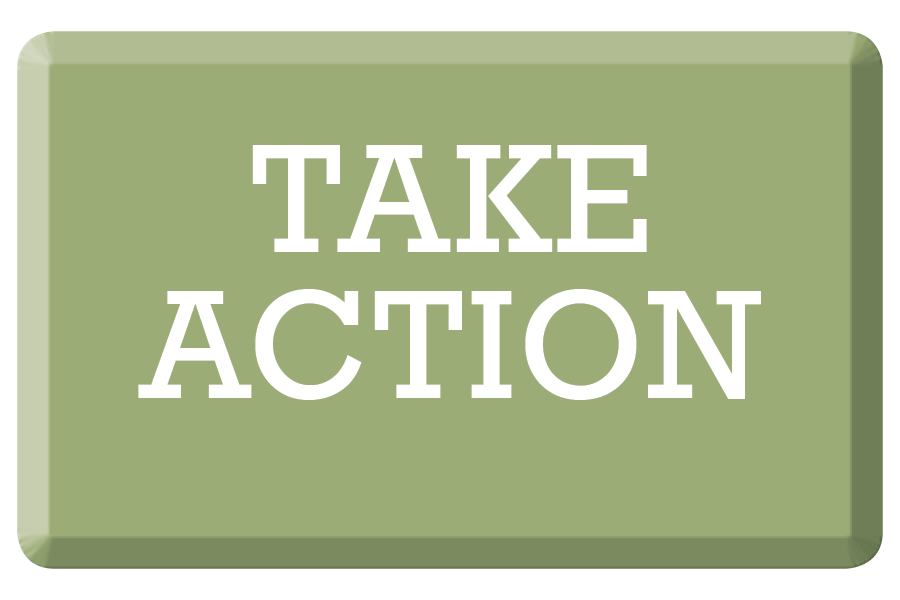

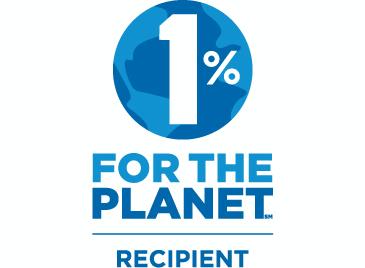

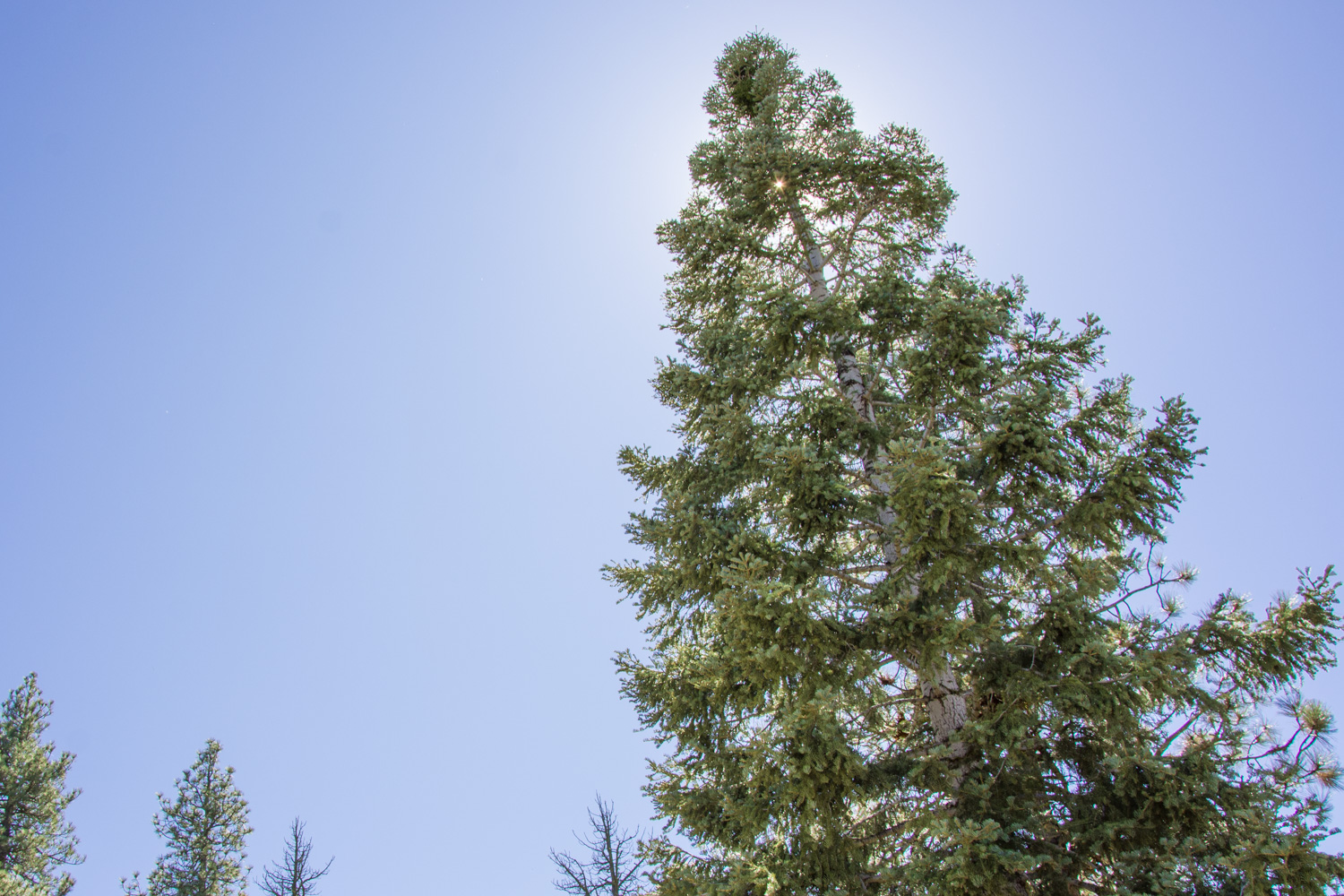
Comments are closed.